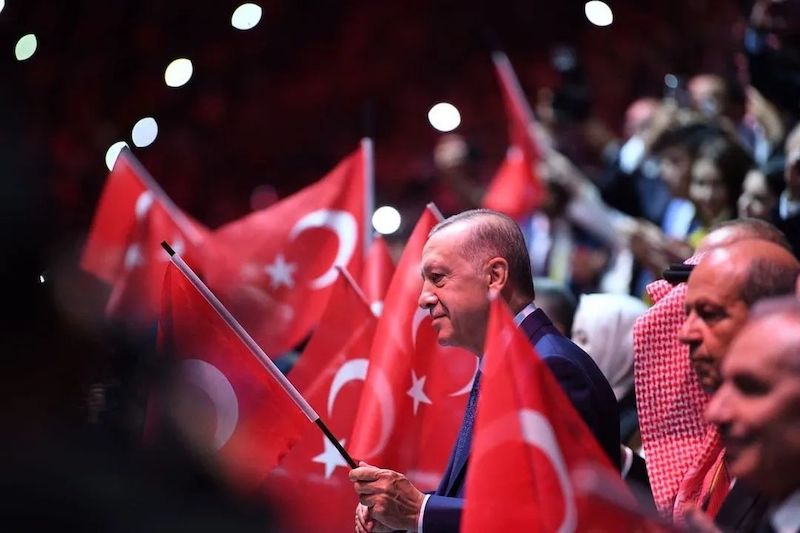If you want to know an autocrat’s fate, you should look at his propaganda. The ever-shouting illiberal Viktor Orbán has never been silent for so long as during the recent resignation of his country’s president Katalin Novák.
The head of state resigned after it emerged that she had granted a presidential pardon last year to Endre Kónya, a former deputy director of a childcare institution, where he had been trying to silence victims in a paedophile case. Judit Varga, former Fidesz justice minister and a leading candidate for the upcoming European Parliamentary election, also retired from public life, as she had countersigned the pardon. Viktor Orbán’s confidante and former human resources minister, Zoltán Balog, was also forced to apologise. A Reformed Christian bishop, Balog was an adviser to Novák, and supported the presidential pardon that sparked the scandal.
This wave of resignations is unprecedented in Fidesz-ruled Hungary. Even more embarrassing was that Péter Magyar, Judit Varga’s ex-husband, gave an interview about state contracts and the Orbán government’s communication machinery. More than two million people watched his incendiary allegations. Orbán’s nightmare came true. On 16 February, tens of thousands demonstrated in Budapest.
Weeks after the scandal broke, and following the breathtaking demonstration, the prime minister delivered his state of the nation speech. He appeared uncomfortable, and said this election year could not have started worse.
Will Orbán`s power falter? Perhaps. It is disturbing that the crisis was not caused by opposition or criticism of the government, but by information that came to light by accident. The hypocrisy of Orban’s pro-family propaganda exposed government corruption and repression criticised by an insider, in the case of Magyar.
The Hungarian opposition is not prepared for an eventual takeover, but Orbán still has two real adversaries: chance, and his own collapsing propaganda machine.






